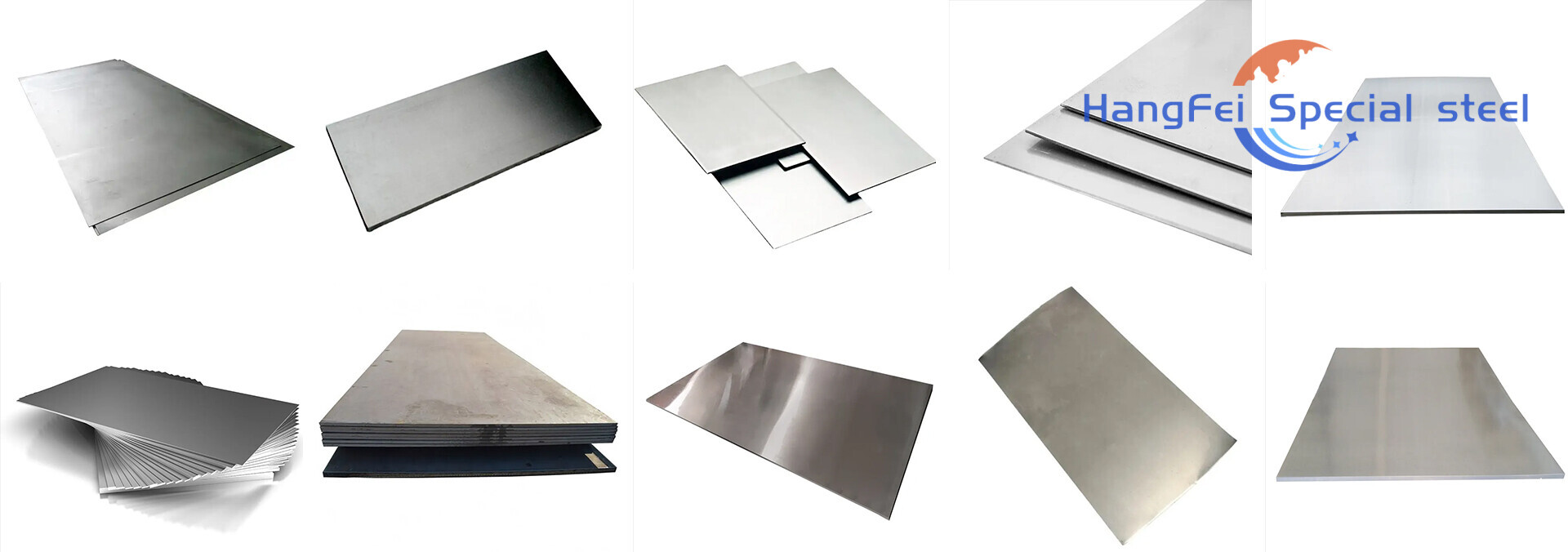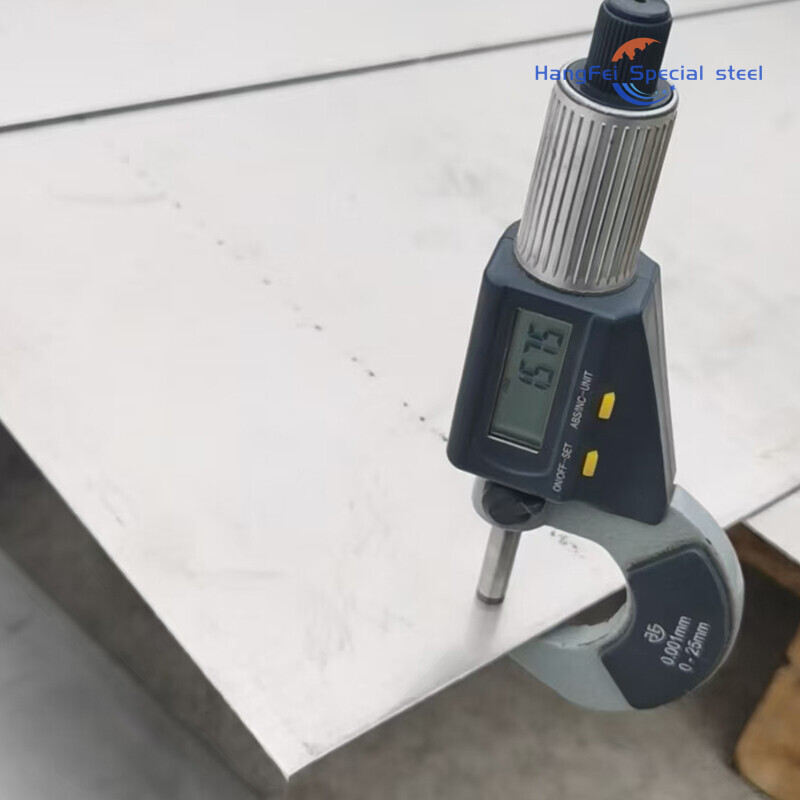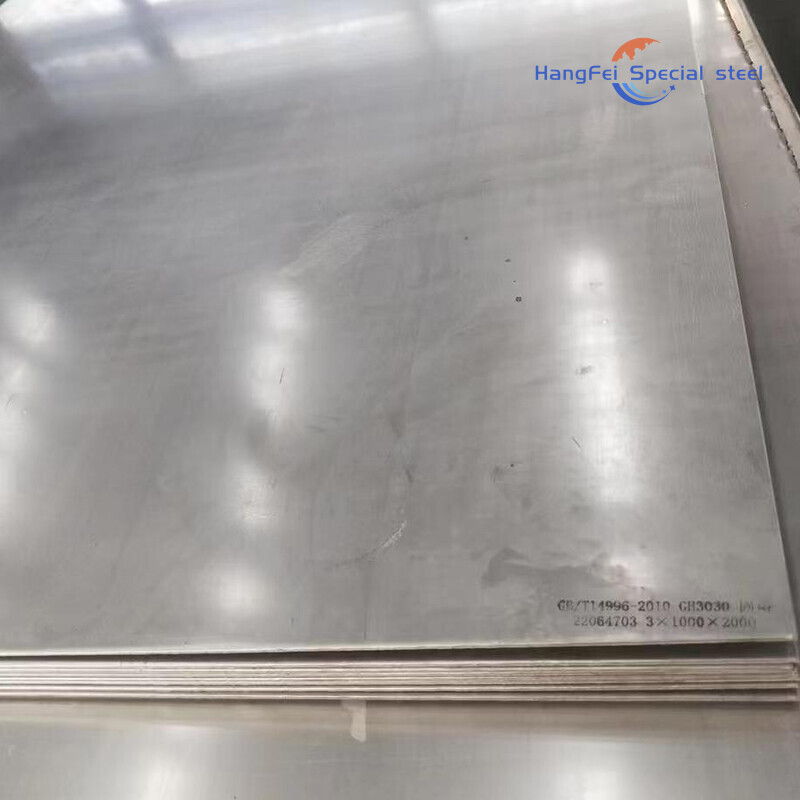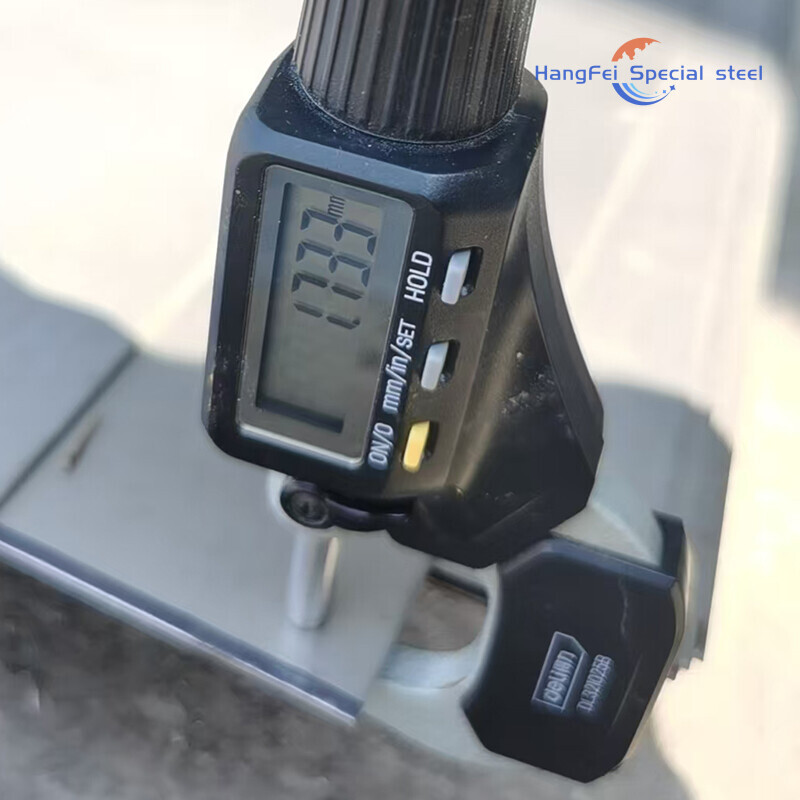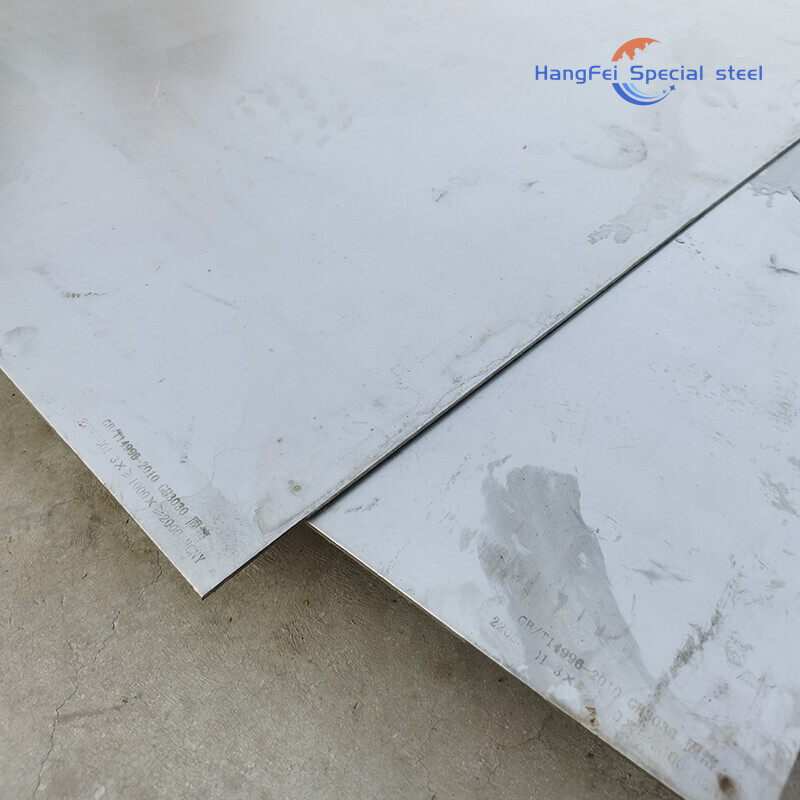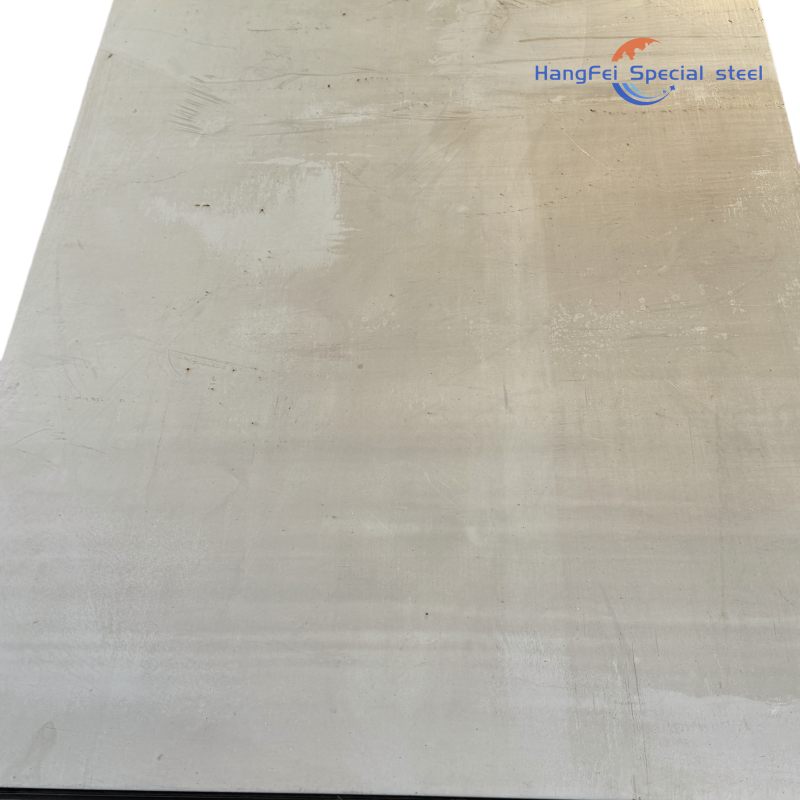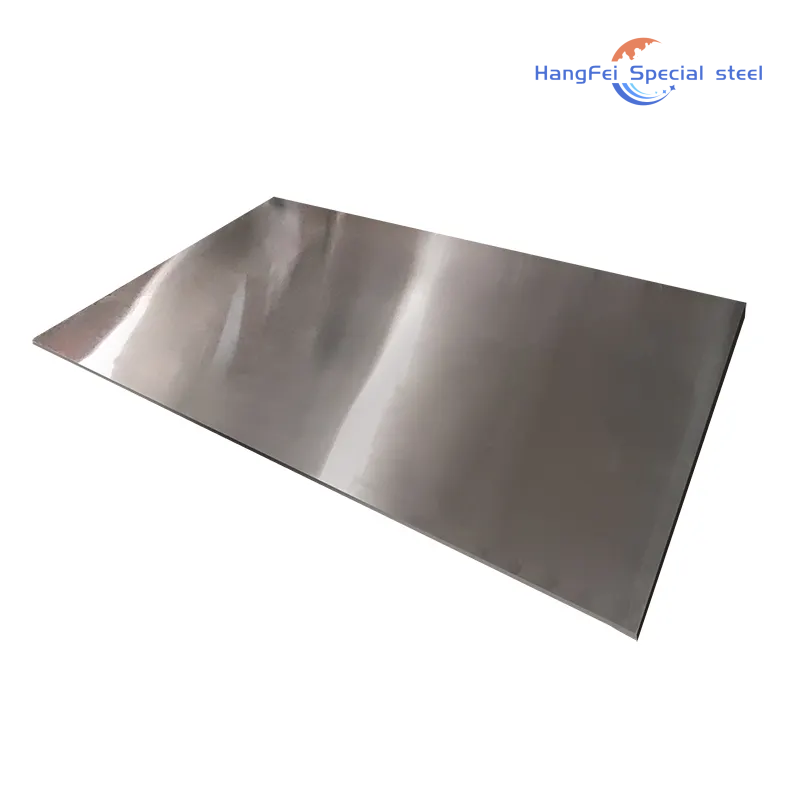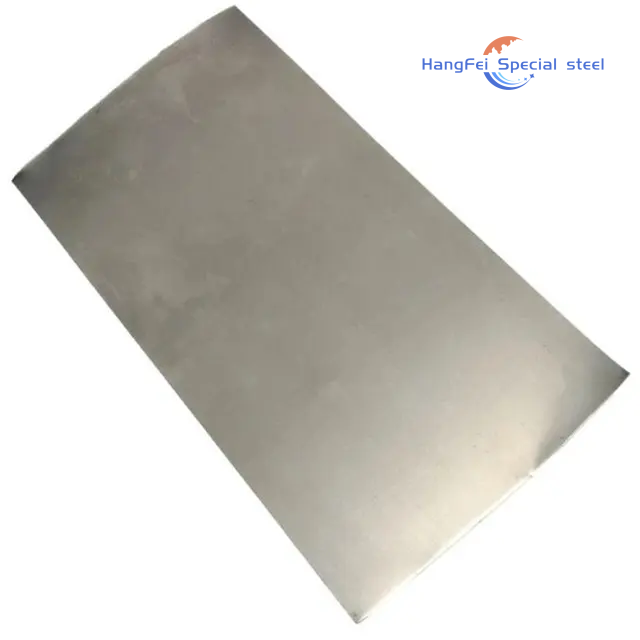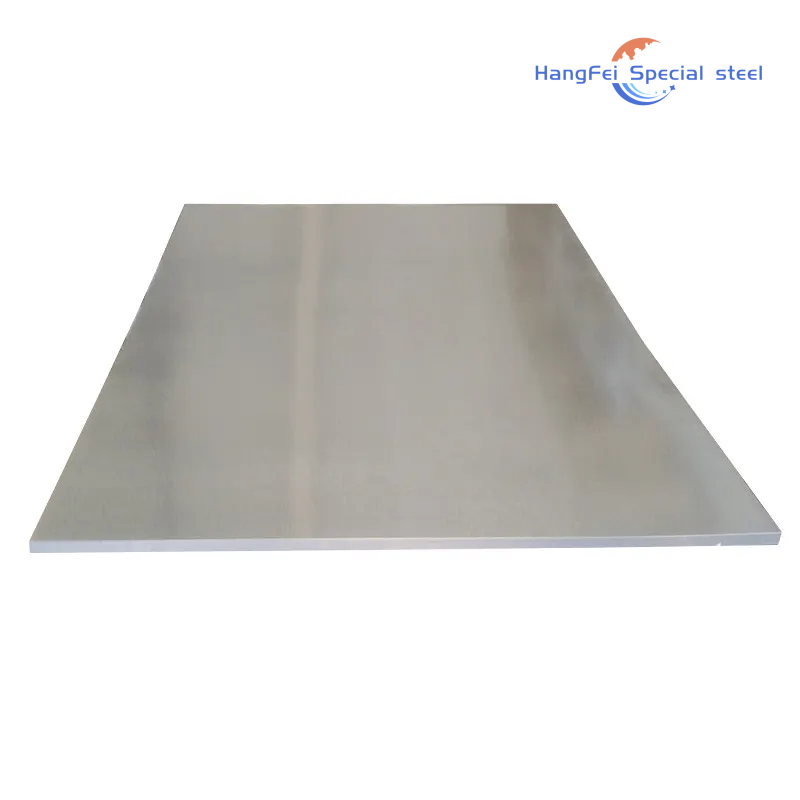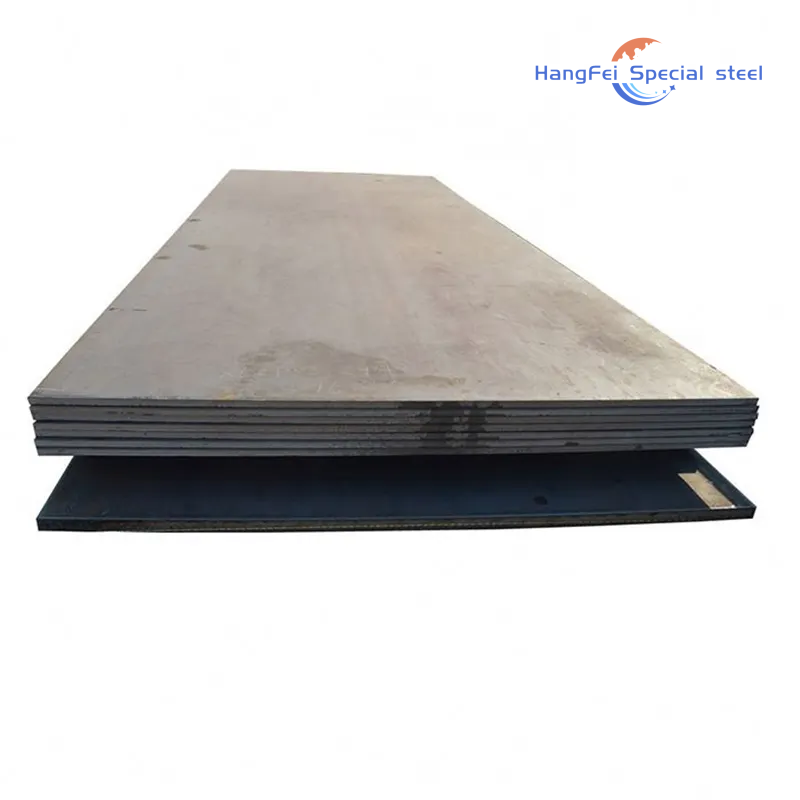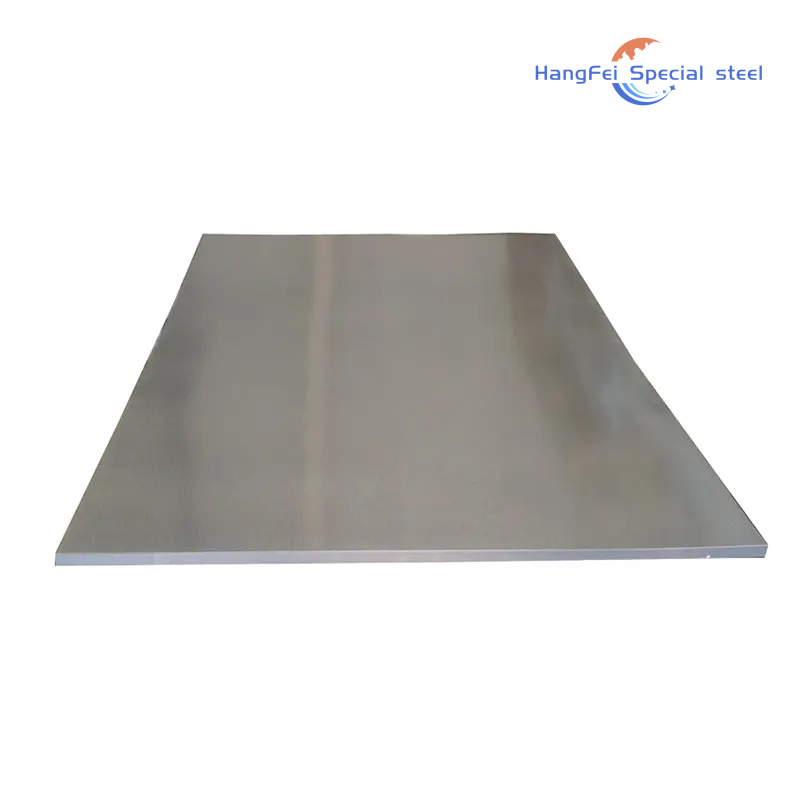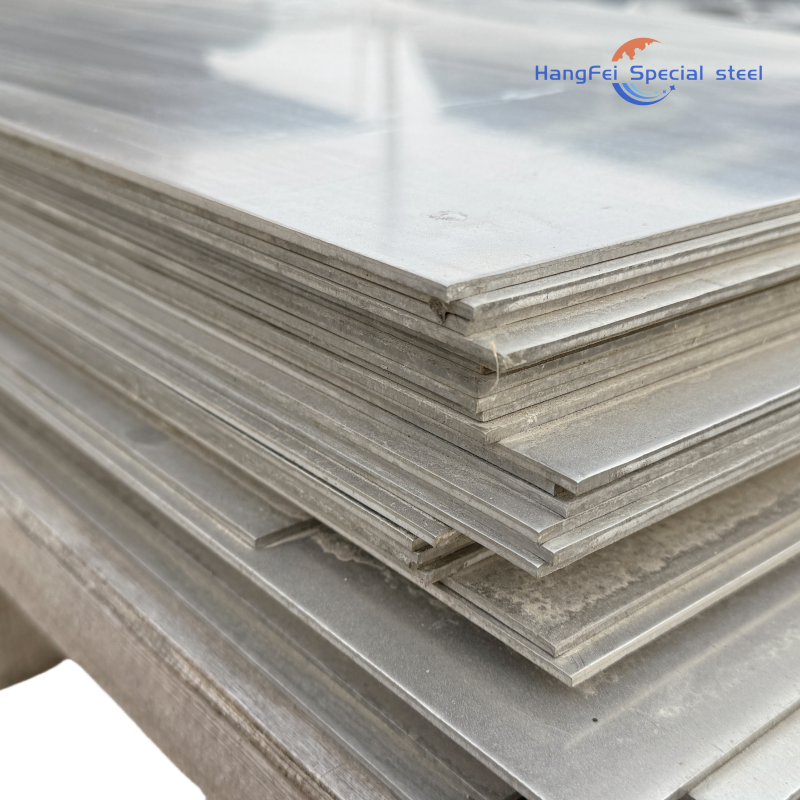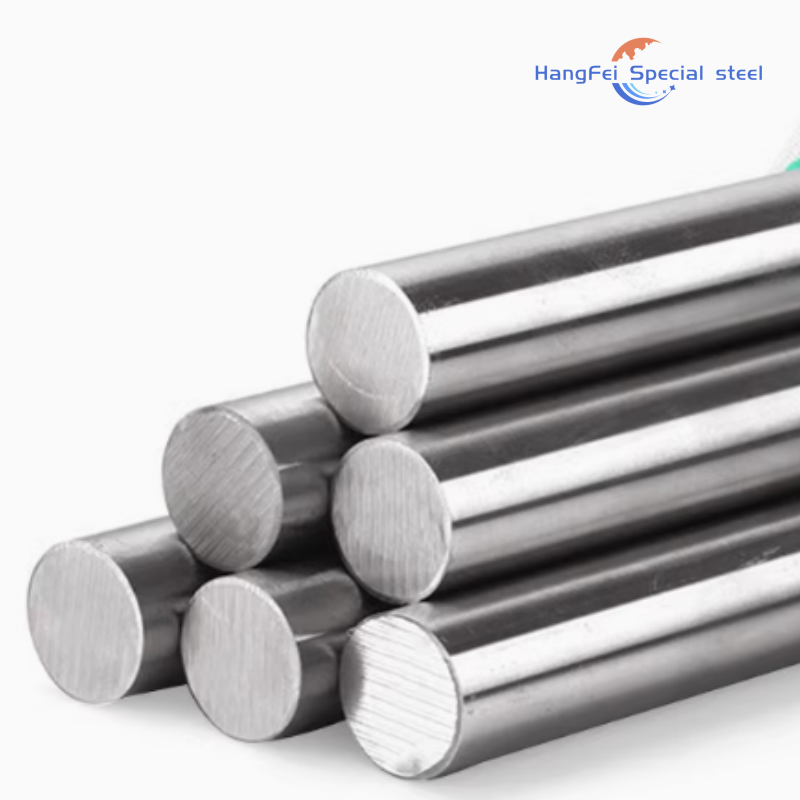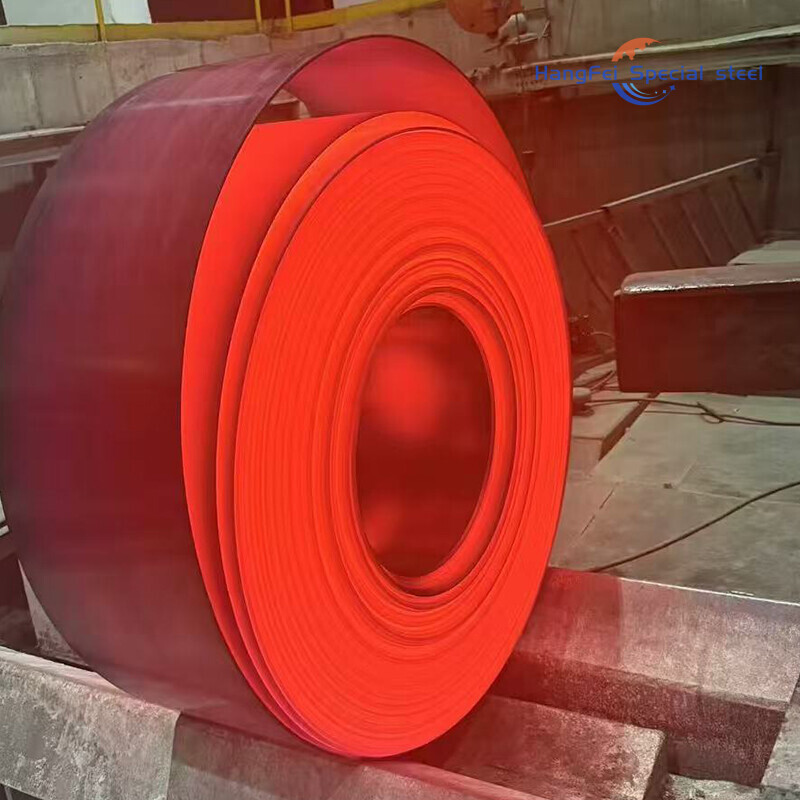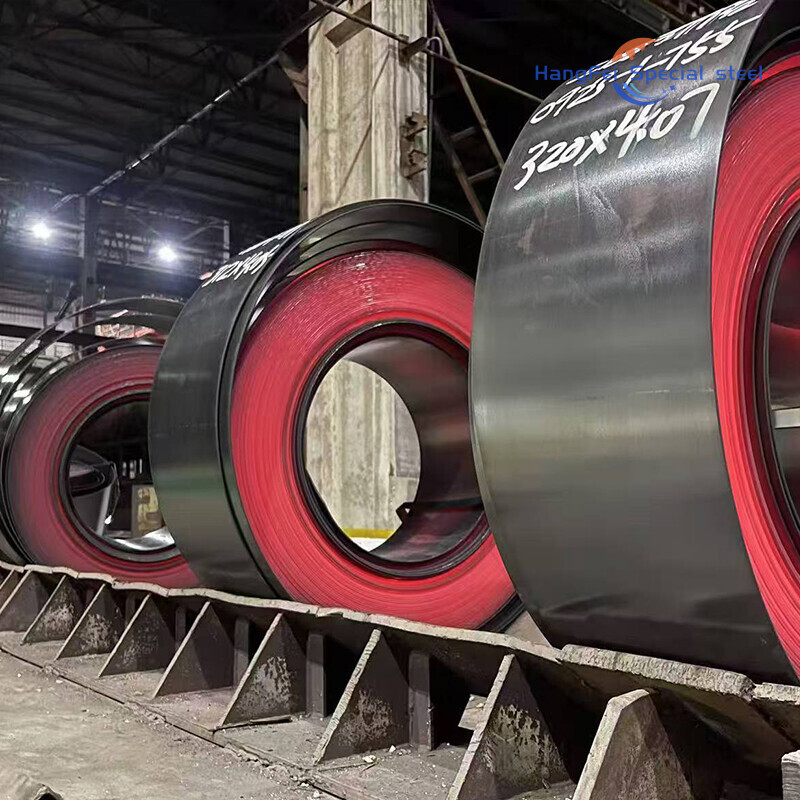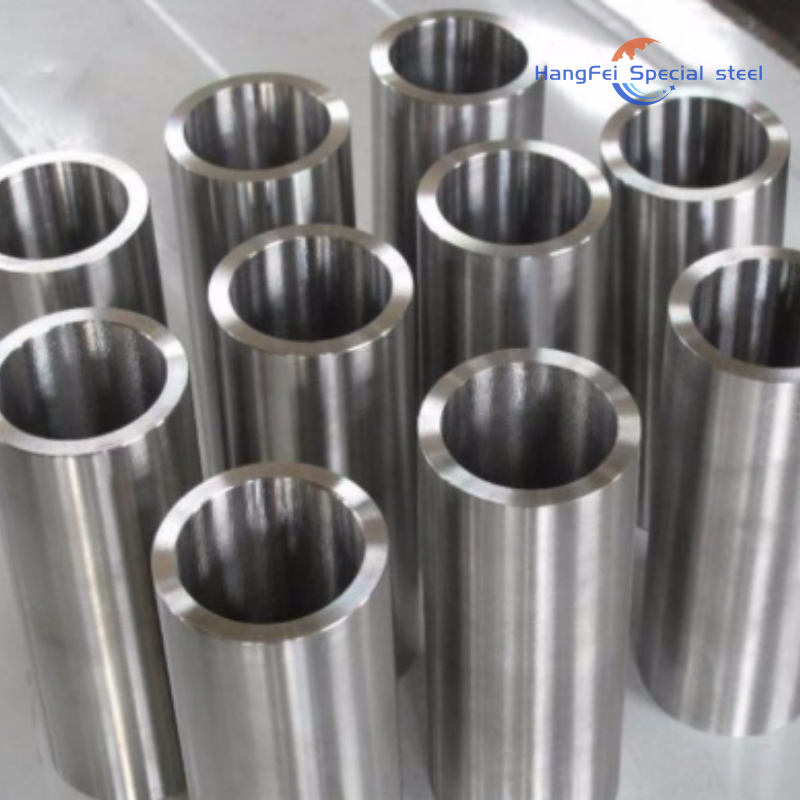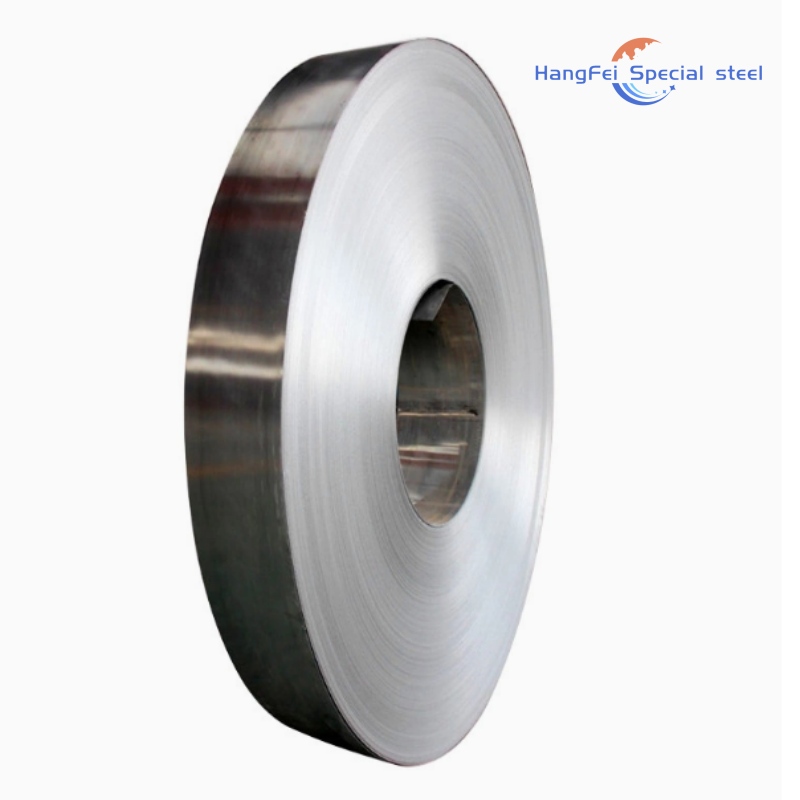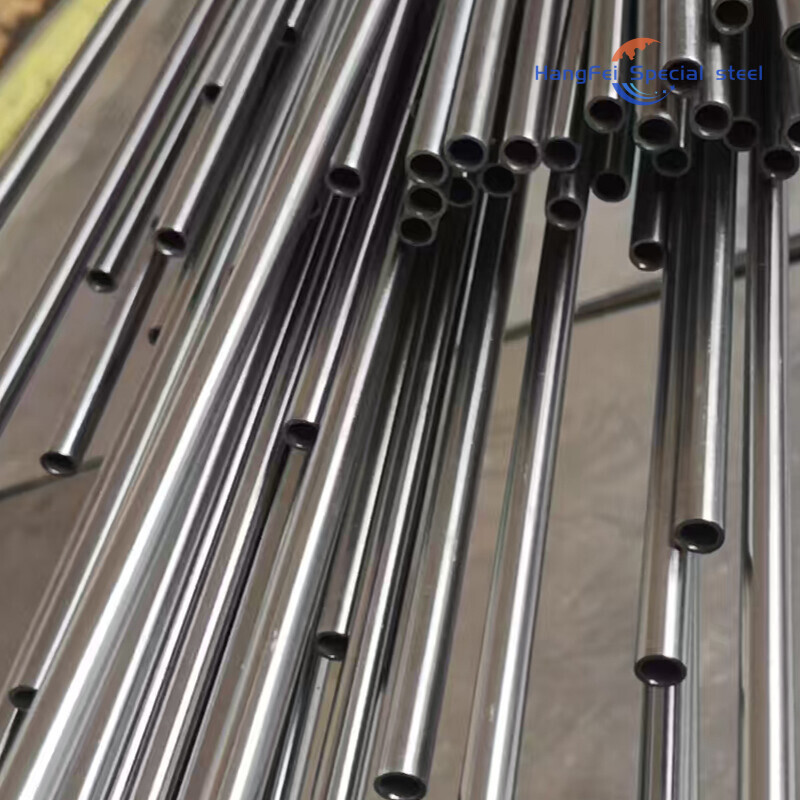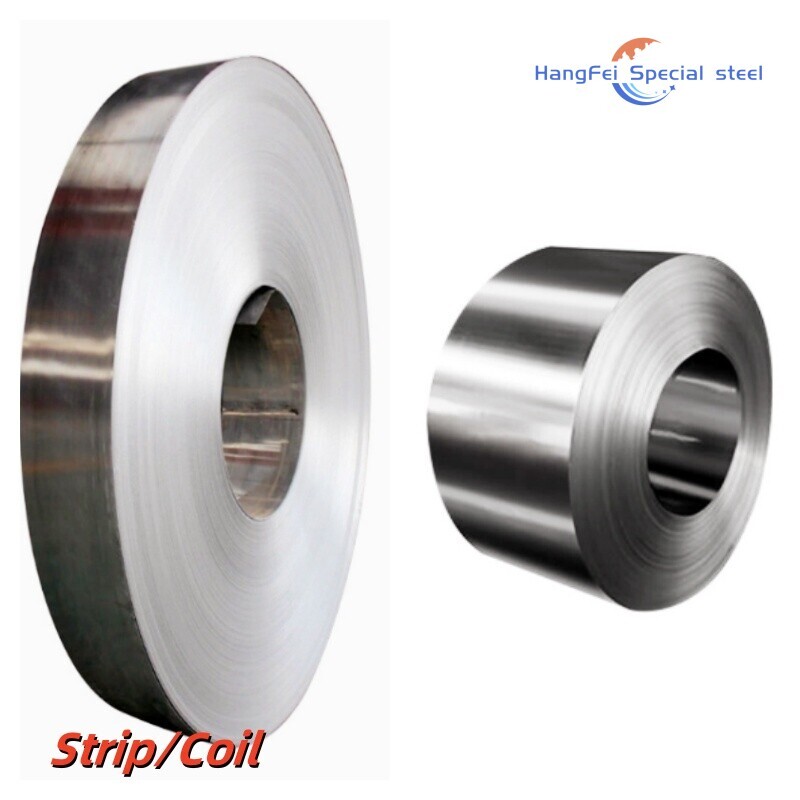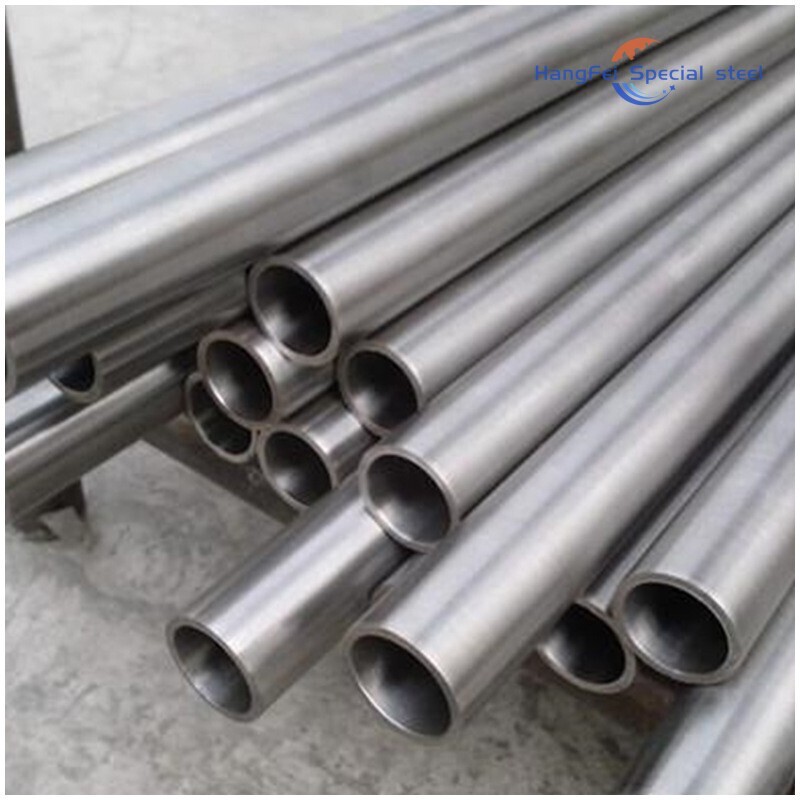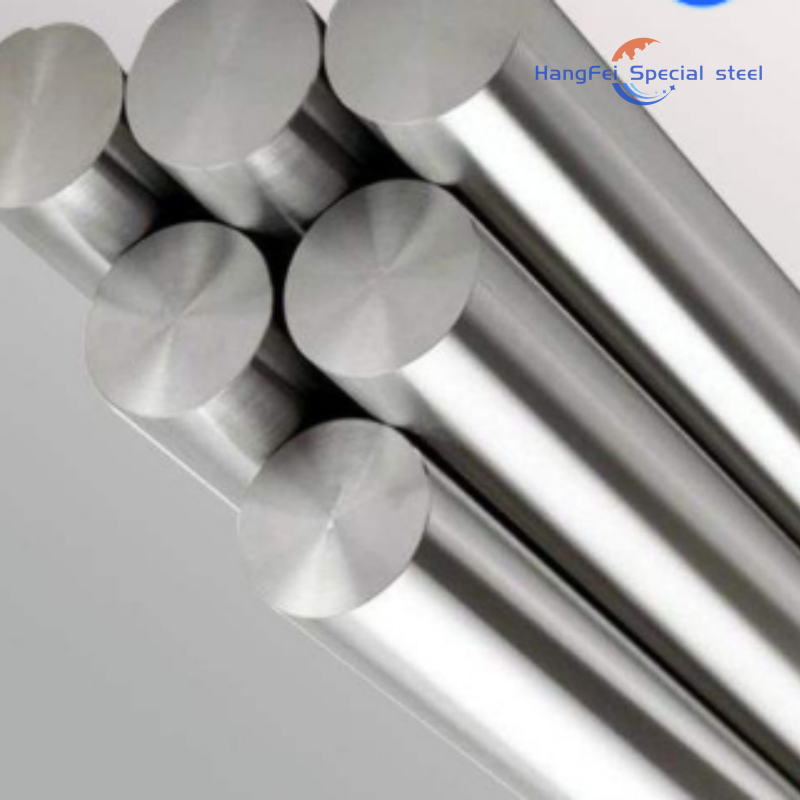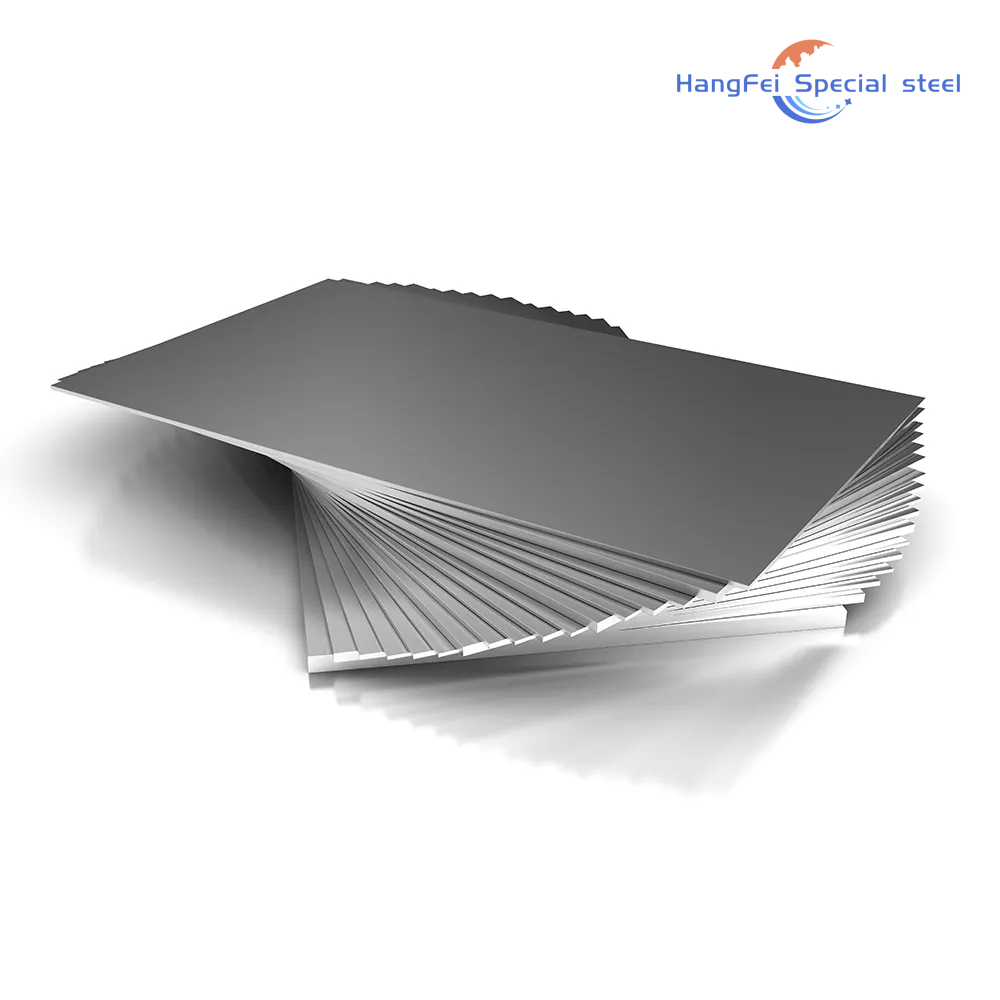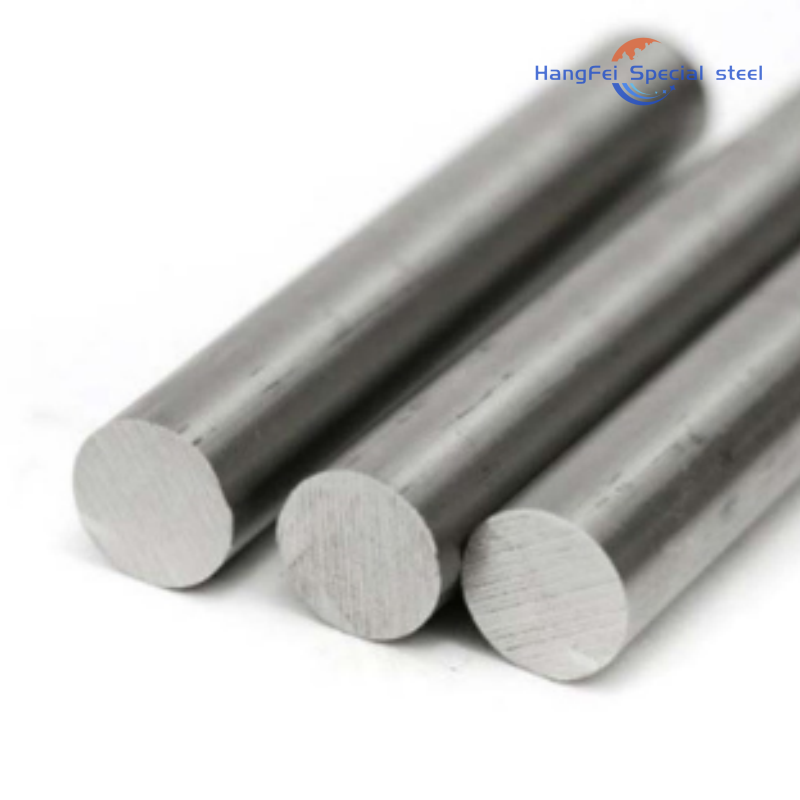| Property | Precision Alloy Steel Sheets |
| Material Composition | Similar to strips, precision alloy sheets are made from carefully controlled compositions, often with low expansion coefficients or specialized magnetic properties, such as Invar or Mu-metal. |
| Thickness | Precision alloy sheets are thicker than strips, typically ranging from 0.5 mm to several millimeters, depending on mechanical and thermal property requirements. |
| Applications | Commonly used in industries such as aerospace, electronics, and medical devices for components like structural parts, enclosures, and sensitive instrumentation that require controlled mechanical properties and dimensional accuracy. |
| Mechanical Properties | High tensile strength, excellent flatness, and precision in dimensions. These sheets offer stable mechanical properties under both high and low temperature conditions. |
| Thermal Properties | Similar to strips, these sheets are designed for specific thermal behaviors, such as low expansion or high-temperature stability, depending on the alloy (e.g., Invar, Mu-metal). |
| Electrical Properties | Precision alloys in sheet form may also have controlled electrical resistance, especially for applications in sensitive electronics or electrical components. |
| Magnetic Properties | Similar to strips, magnetic alloys like Mu-metal sheets are used for shielding in sensitive equipment to control or eliminate external magnetic interference. |
| Forming & Fabrication | Precision alloy sheets can be cold-rolled, heat-treated, laser-cut, or stamped. They are suitable for both complex shapes and applications requiring high dimensional tolerance and material consistency. |
| Heat Treatment | Heat treatments like solution annealing or stress-relief are common for precision alloy sheets to improve properties such as strength, stability, and resistance to thermal expansion. |
| Welding & Joining | Precision alloy sheets can be welded or brazed, although welding requires careful control of heat to avoid compromising the alloy's properties. |
| Examples of Alloys | Invar, Mu-metal, Kovar, Constantan, Permalloy |
| Cost | Precision alloy sheets are also expensive, as they require precise manufacturing and composition control. Their cost is higher than standard steel or non-precision alloys. |
| Common Standards | ASTM A-240, ASTM B-637, ASTM B-553, AMS 5525 |
Key Advantages:
◆ Controlled Properties: Tailored for specific applications, offering controlled expansion, high strength, or high electrical conductivity.
◆ Dimensional Stability: Excellent flatness, accuracy, and stability, even under thermal cycling.
◆ High Durability: Resistant to thermal, mechanical, and magnetic stresses, making them suitable for critical components in sensitive environments.

